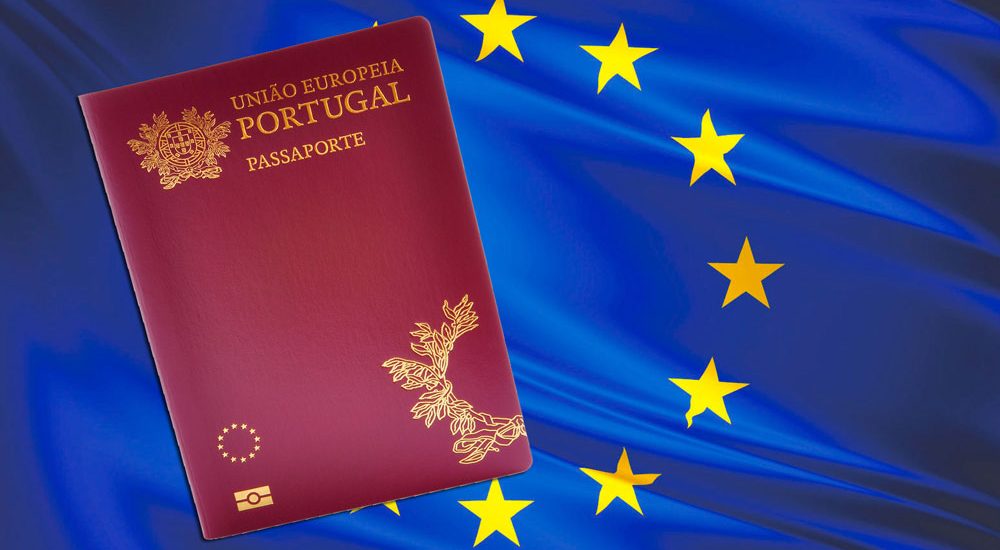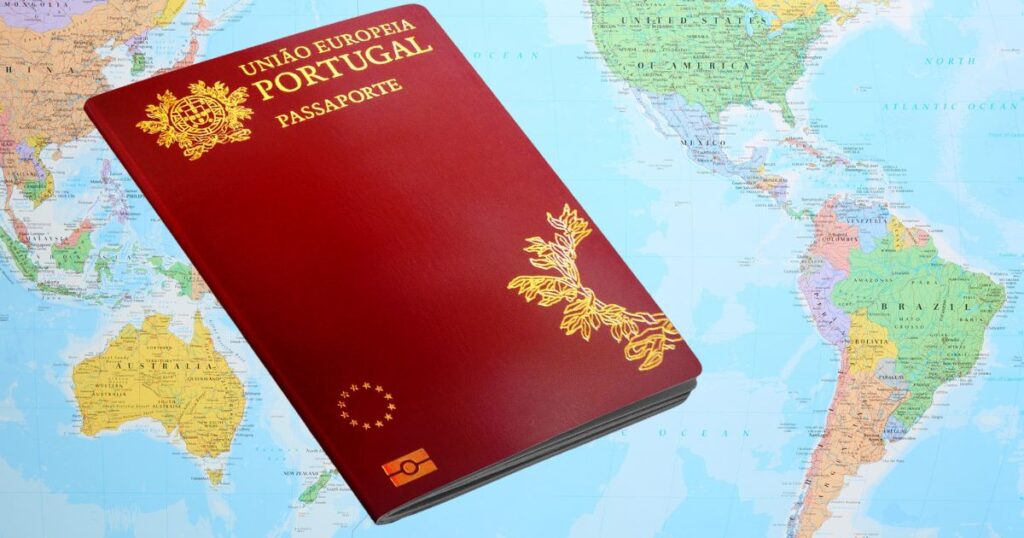The Portuguese non-habitual tax regime (NHR) is a special friendly tax regime for citizens and non-habitual Residents aims to attract talent in “high value-added activities”, for foreigners and their families to Portugal, providing a super attractive tax benefits. In Oct 2023, the Portuguese PM in a CNN interview has announced, phasing out of NHR tax regime by 2024.
This tax regime for non-habitual residents (commonly known as NHRs or NHR Tax Regime), formally known as non-regular residents, was created with the approval of the Investment Tax Code, approved by Decree-Law n. 249/2009, of 23 September. It change the rules of the Portuguese Personal Income Tax, by granting a set of tax exemptions and flat rate taxation for a period of 10 years, in order to attract to Portugal, expat professionals qualified in activities with high added value or intellectual, industrial or know-how, as well as pensioners and other passive income earners.
How to Qualify
First, To qualify as non-habitual tax resident, an individual must:
- Be Tax resident (TR) in Portugal in a certain year;
- Have not been Tax resident in the previous 5 years.(TR means more than 183 days are spent in Portugal in any 12-month period starting or ending in the tax year concerned; or maintains a residence suggesting being a habitual residence in Portugal in any period within the above 12-month.)
Benefits
According to Pwc, The scope of benefits available under NHR tax exemption, are.
- Employment – A special tax rate of 20% applicable to employment and self-employment income derived from a “high value-added activities”.
- Foreign income – A tax exemption (with progression) on foreign-source income (e.g. professional income, rental income, capital gains, interest, dividends, as well as other investment income), provided certain conditions are met. In most cases, capital gains on the sale of securities are taxable at a flat rate of 28%.
- Pensions – A flat tax rate of 10% on pensions from a foreign source, as well as to other payments from pension funds and similar retirement schemes.
- Inheritance – A tax exemption for gifts or inheritances to spouse, descendants or ascendants.
- Wealth Tax – No wealth tax
- Remittance – free remittance of funds either in Portugal or abroad.
- Life insurance products – Beneficial tax treatment for pensions and other life insurance products
- Self employment – Beneficial tax regime for individuals starting a self-employment activity in Portugal.
| Types of Income | Taxation in Portugal on Income of national Source | Taxation in Portugal on Income from Foreign Source until 2020 | Taxation in Portugal on Income from Foreign Source after 2020 | Taxation In Portugal on Income from Blacklisted Jurisdictions |
|---|---|---|---|---|
| Pensions | Up to 48% | 0% | 10% | 10% |
| Employment Income from High-Added Value Activities | 20% | 0% | 0% | 20% |
| Employment Income | Up to 48% | 0% | 0% | 0% |
| Business or Professional Income from High-Added Value Activities | 20% | 20% | 20% | 20% |
| Business of Professional Income | Up to 48% | 0% | 0% | Up to 48% |
| Intellectual or Industrial Property Income | 16,5% or 28% | 0% | 0% | 16,5% or 28% |
| Capital Income | 28% | 0% | 0% | 35% |
| Rental Income | 25% | 0% | 0% | 25% |
| Capital Gains (Shares) | 28% | 0% | 0% | 28% |
| Capital Gains (Real Estate) | 14,5% – 28% | 0% | 0% | 14,5% – 28% |
| Trusts | 28% | 0% | 0% | 35% |
Source: Wikipedia
According to the 2019 statistics, there were 27.367 beneficiaries, 8% of them developed professions with high-added value, while the remaining were expat pensioners.
The IRS return must be submitted by:
- citizens resident in Portuguese territory – the income of all members of the household is taken into consideration, including income obtained outside Portuguese territory
- non-resident citizens – only for income obtained in Portuguese territory which has not been subject to deduction at source.





